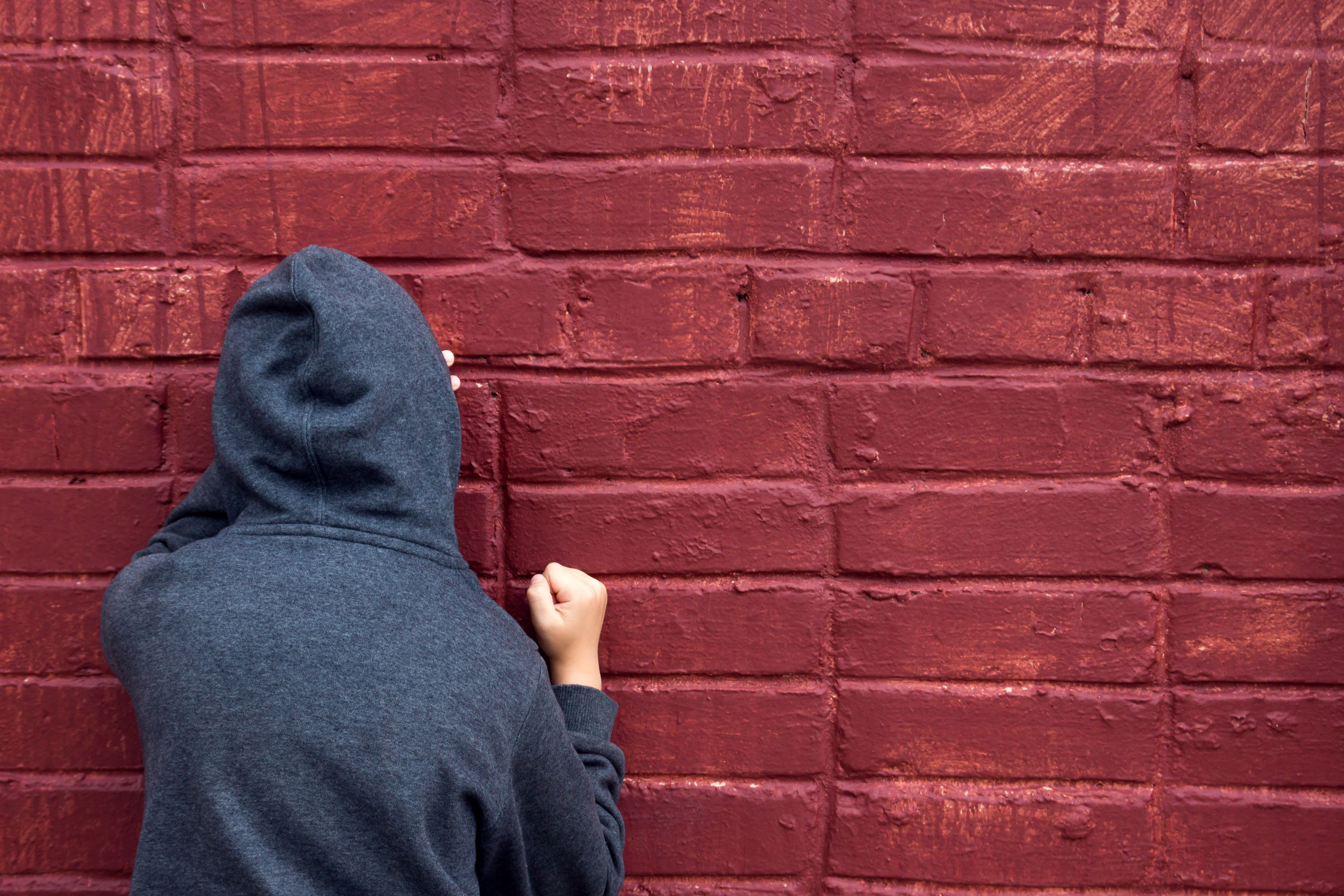Depression often stems from unresolved obsession. If you learn to stop the inaccurate thoughts often the depression will lift.
Causes
Depression stems from various sources such as; hereditary, biological (hormone imbalance), chemical imbalance, life issues and chronic worry. Many people have underlying other disorders or multiple disorders affecting their problems such as; Bipolar, Poly Substance Abuse and Anxiety Disorders. Some people will need medication, Cognitive Behavioral Therapy, or a combination of treatment modalities
Symptoms
According to the DSM-IV, a manual used to diagnose mental disorders, depression occurs when you have at least five of the following nine symptoms at the same time:
- a depressed mood during most of the day, particularly in the morning
- fatigue or loss of energy almost every day
- feelings of worthlessness or guilt almost every day
- impaired concentration, indecisiveness
- insomnia or hypersomnia (excessive sleeping) almost every day
- markedly diminished interest or pleasure in almost all activities nearly every day
- recurring thoughts of death or suicide (not just fearing death)
- a sense of restlessness — known as psychomotor agitation — or being slowed down — retardation
- significant weight loss or gain (a change of more than 5% of body weight in a month)
Learn more about what depression is by a lecture from a Stanford Professor.
Drew Alikakos, M.S. and his staff attempt to correctly diagnose and treat these disorders. Often people have been misdiagnosed and need to be evaluated more fully. Drew attempts to comprehensively diagnose individuals. Drew is primarily a cognitive therapist but he also networks with psychiatrists and other treatment and medical professionals.

